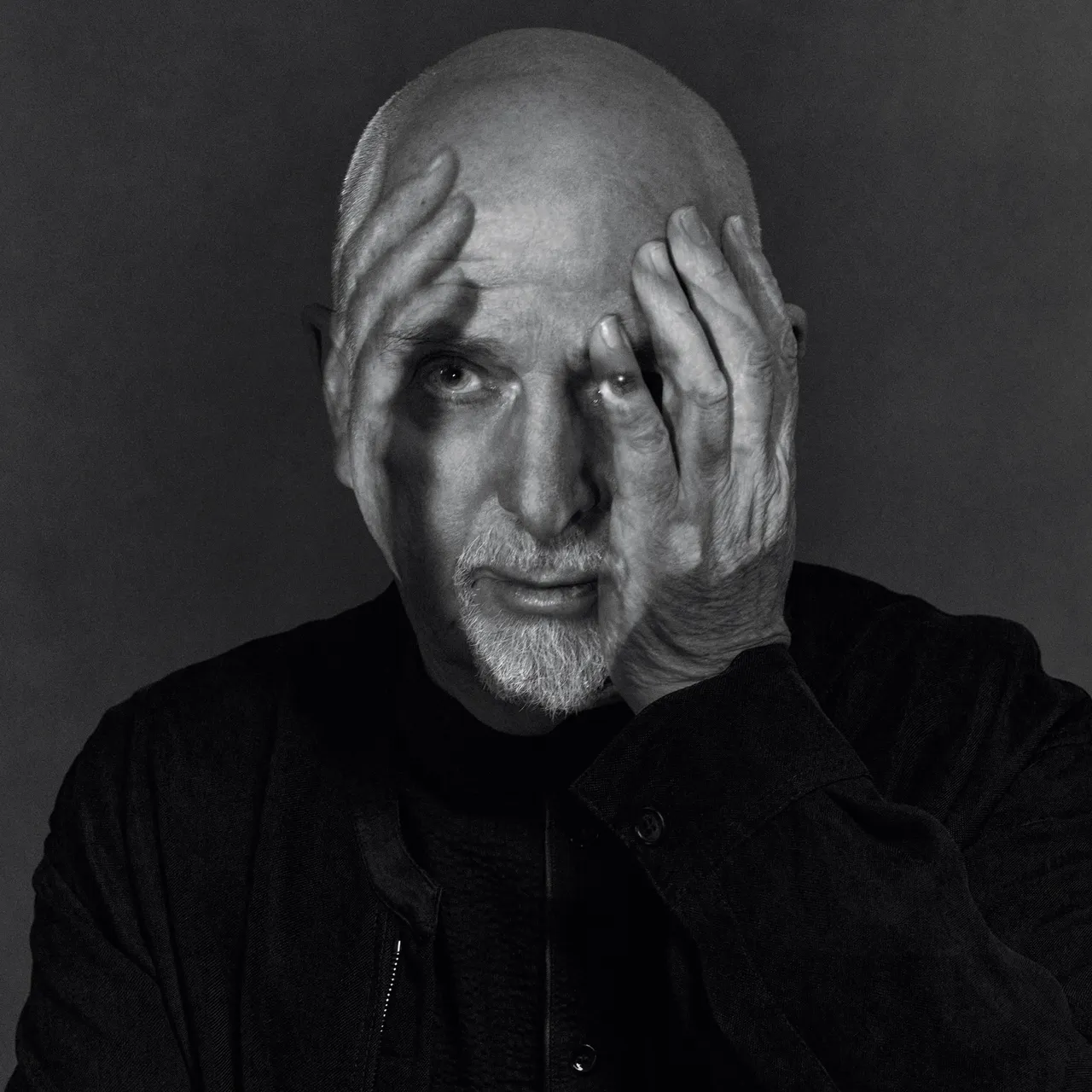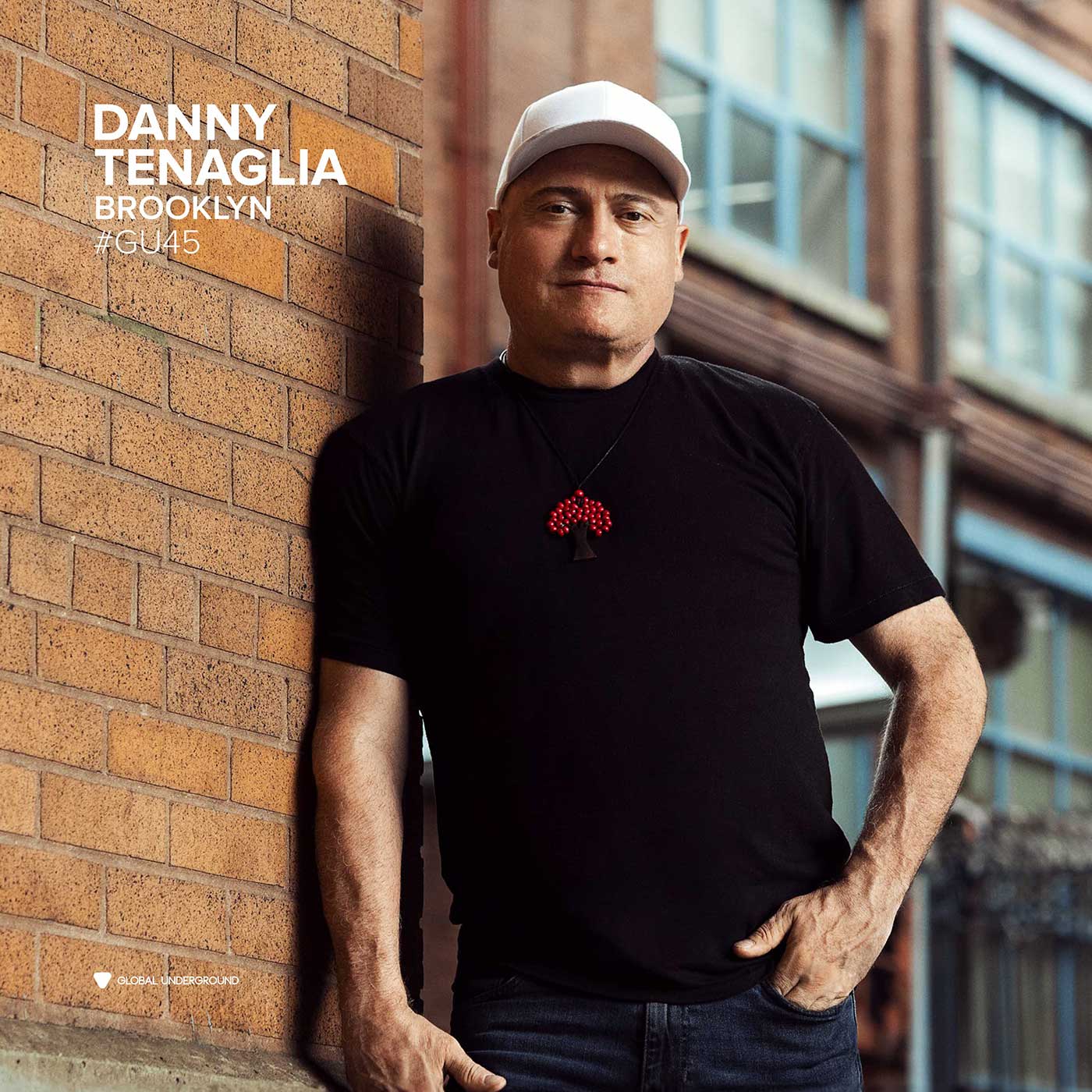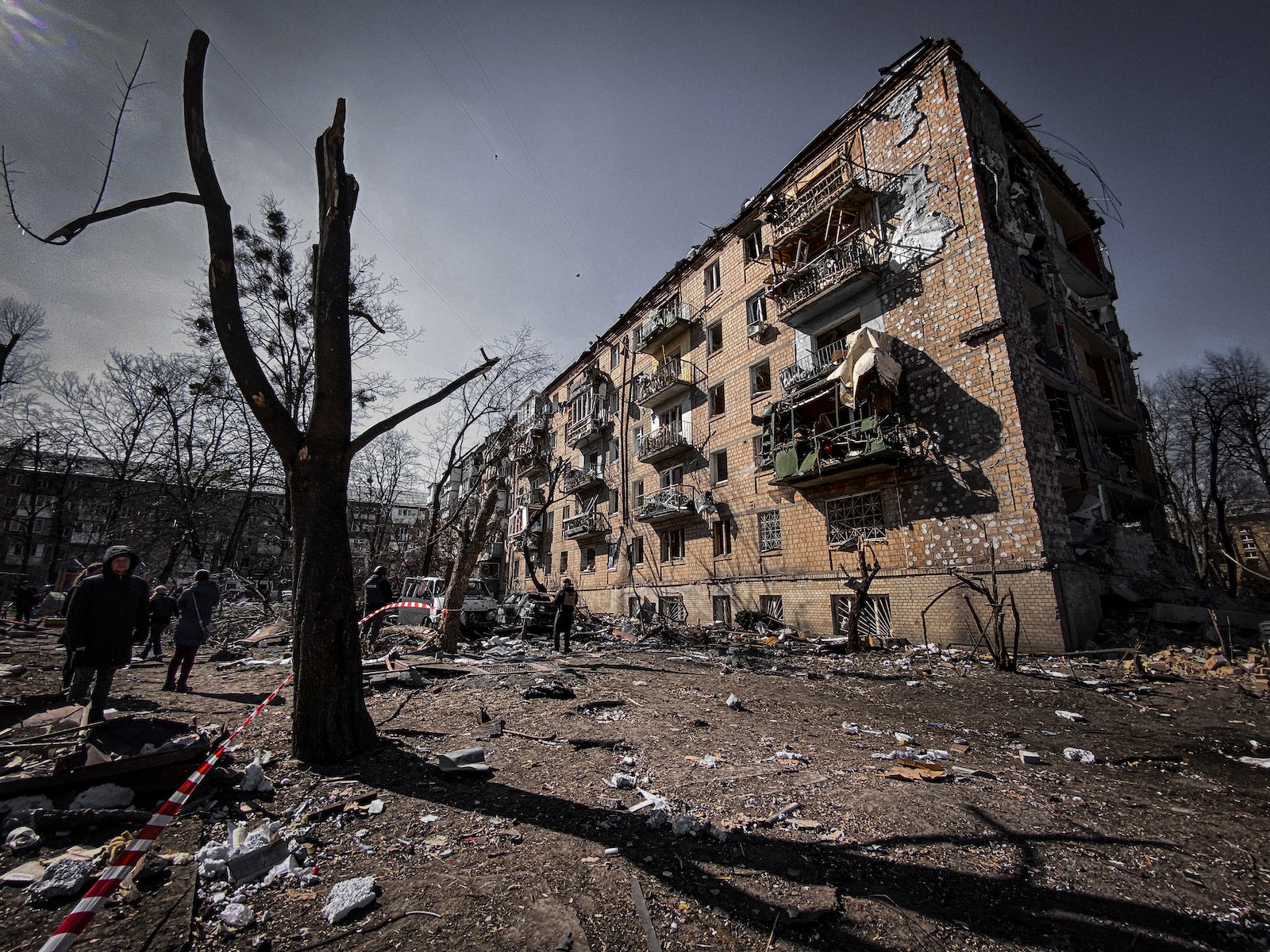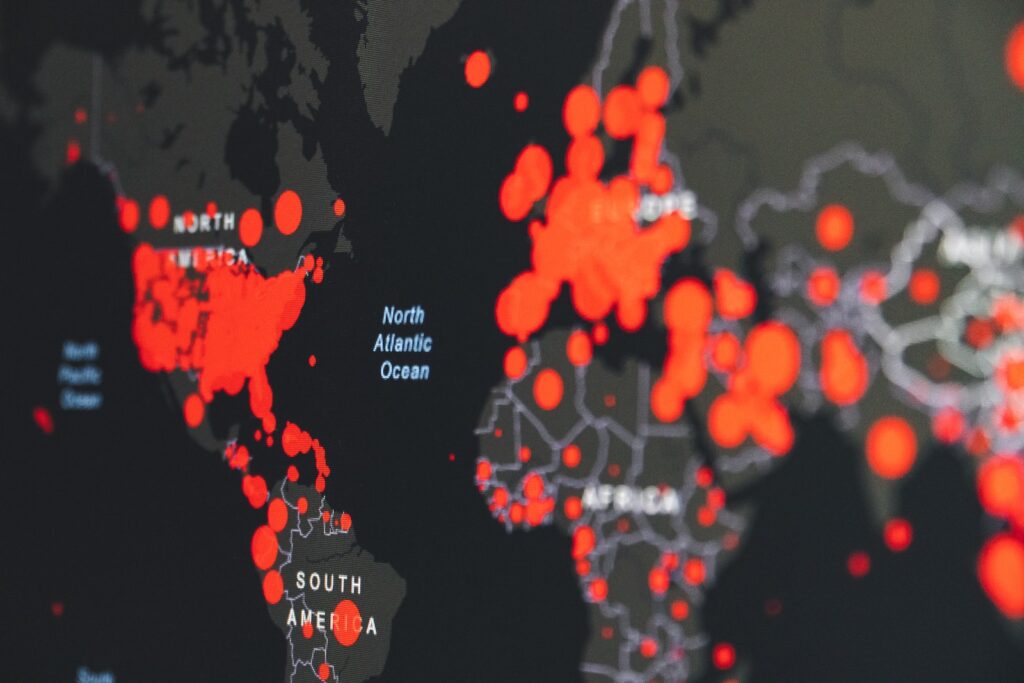Peter Gabriel’s latest album “i/o” stands not only as a testament to his enduring creativity but also as a potential crowning achievement in a career already brimming with groundbreaking work. Gabriel, a legend in the music industry, has been known for his innovative approach to music, particularly through the 80s and 90s, and “i/o” might very well be considered his best work to date.
The Legacy of Peter Gabriel
Gabriel’s influence on the music world has been profound and multifaceted. Rising to fame with Genesis in the 1970s, he quickly established himself as a visionary artist. His departure from Genesis and subsequent solo career in the 1980s and 90s saw him breaking new ground, particularly with albums like “So” and “Us.” These works were not just commercially successful; they were also artistically daring, blending world music with electronic and art-rock elements, and they solidified his reputation as an innovative and fearless artist.
Groundbreaking Work in the 80s and 90s
During the 80s and 90s, Gabriel was at the forefront of the world music movement, integrating sounds and rhythms from various cultures into his music. His use of innovative recording techniques and embrace of new technologies set him apart. Albums like “So” (1986), with its hit “Sledgehammer,” showcased his ability to merge artistic depth with mainstream appeal, featuring groundbreaking music videos that revolutionized the medium.
“i/o”: A Culmination of Artistic Evolution
Now, with “i/o,” Gabriel seems to have distilled his decades of musical exploration into a singularly impressive work. The album encapsulates his signature sound while pushing into new territories. The dual “Bright-Side” and “Dark-Side” mixes are a clear indication of his continued innovation, offering listeners two distinct ways to experience the same music.
“i/o” is rich with the thematic depth and stylistic diversity that have defined Gabriel’s career. Tracks like “Panopticom” and “The Court” reflect his enduring ability to fuse diverse musical styles while tackling complex themes. The reflective nature of songs like “Playing for Time” and “So Much” suggests a maturity and introspection that might resonate deeply with longtime fans and new listeners alike.
In a career marked by constant evolution and boundary-pushing, “i/o” might be seen as Peter Gabriel’s most comprehensive and compelling work yet. It’s an album that not only reflects his legendary status but also reasserts his relevance in the contemporary music scene. For those who have followed his career since the Genesis days, or those just discovering his genius, “i/o” is a testament to Gabriel’s unwavering commitment to artistic exploration and innovation.
“i/o” marks a remarkable return to the music scene, offering a rich tapestry of sound and themes that reflect both his enduring legacy and his forward-thinking artistic vision. This long-awaited album, released track by track every full moon, showcases Gabriel’s unique approach to music-making and his ability to blend a wide range of styles and themes into a cohesive whole.
The Evolution of Sound and Style
The album’s opener, “Panopticom,” is a standout track that immediately sets the stage for what’s to come. It combines acoustic elements with electronic influences, creating a soundscape that is quintessentially Gabriel. The use of a 12-string guitar alongside Tony Levin’s deep bass tones and a blend of electronica exemplifies Gabriel’s knack for combining traditional and modern elements. This stylistic choice echoes back to his previous works, especially “Up” and “Us,” while introducing new textures and tones.
Exploring Deep Themes
Throughout “i/o”, Gabriel doesn’t shy away from diving into complex and often challenging themes. For instance, “The Court” revisits the tribal rhythms of his earlier work while layering in a haunting choir that contemplates the nature of justice in the era of cancel culture. Similarly, “Four Kinds of Horses” is a sensitive exploration of the corruption of religious faith into terrorism, backed by an evocative musical arrangement.
Personal Reflections and Contemplations
The album also has a deeply reflective side, with songs like “Playing for Time” and “So Much” exploring themes of mortality, hope, and renewal. These tracks reveal their layers over time, both musically and lyrically, providing a sense of peace amidst the inevitability of aging and change. This introspective quality is further exemplified in tracks like “Olive Tree,” which is not only the most commercially accessible song on the album but also a celebration of life and resilience.
Celebrating Life and Rebirth
Tracks such as “Road to Joy” and “Olive Tree” stand out as more upbeat, celebratory moments on the album, offering a counterbalance to its more contemplative moments. These songs embody a sense of joy and rejuvenation, resonating with themes of rebirth, which is particularly poignant considering the long hiatus since Gabriel’s last album of new material.
The Production and Collaborations
The production of “i/o” is notable for its use of both “Bright-Side” and “Dark-Side” mixes, showcasing the postproduction skills of producers-engineers Mark “Spike” Stent and Tchad Blake. This dual approach adds depth to the album, allowing listeners to experience it in different lights. Additionally, the involvement of artists like Brian Eno adds another layer of sonic depth to the album.
A Culmination of Artistic Journey
At 73 years old, Gabriel demonstrates that his creative spark is as bright as ever. “i/o” is not just a collection of songs; it’s a complete artistic statement that encapsulates Gabriel’s career-long journey of musical exploration and innovation. It’s a testament to his ability to stay relevant and compelling in a constantly changing musical landscape.
In summary, “i/o” is a rich, multifaceted work that showcases Peter Gabriel’s unique talents as a songwriter, composer, and musical innovator. Its blend of introspective lyrics, diverse musical styles, and thematic depth make it a noteworthy addition to his already impressive discography. For fans of Gabriel’s work, and for those new to his music, “i/o” offers a profound and rewarding listening experience.
Order or listen here.



